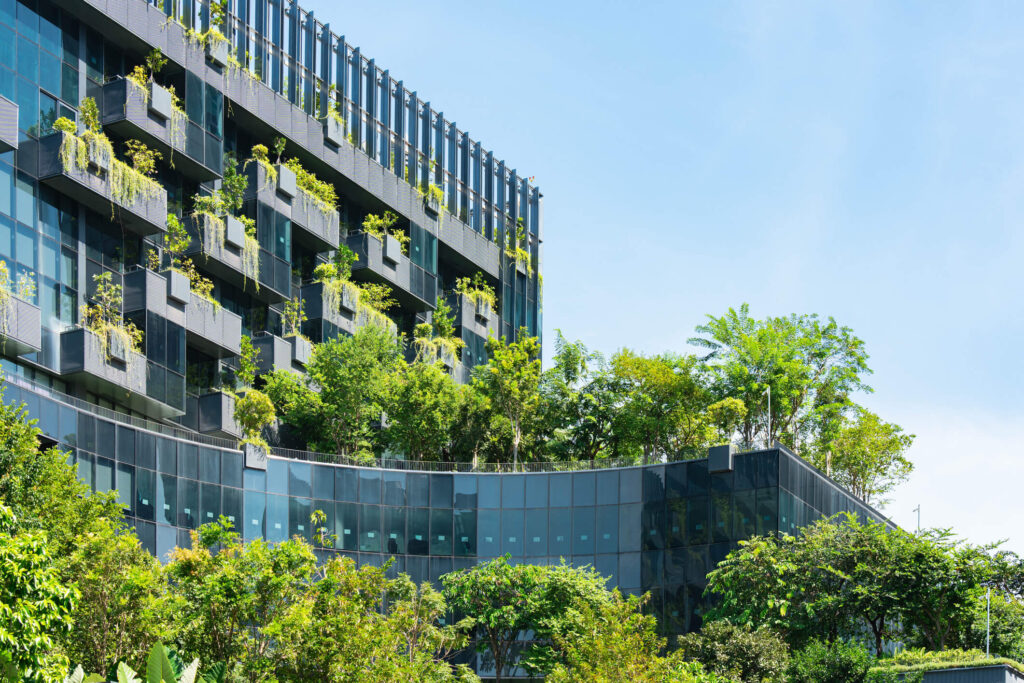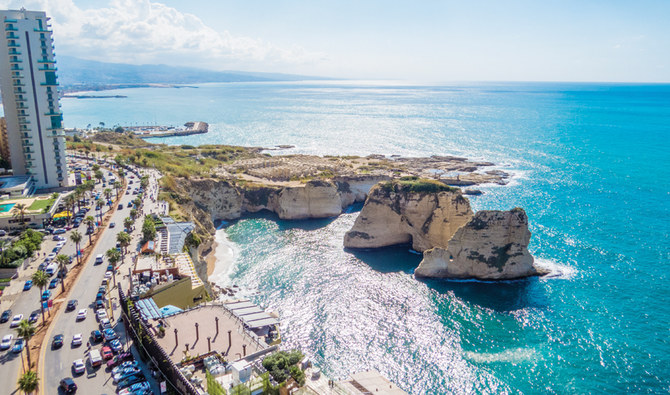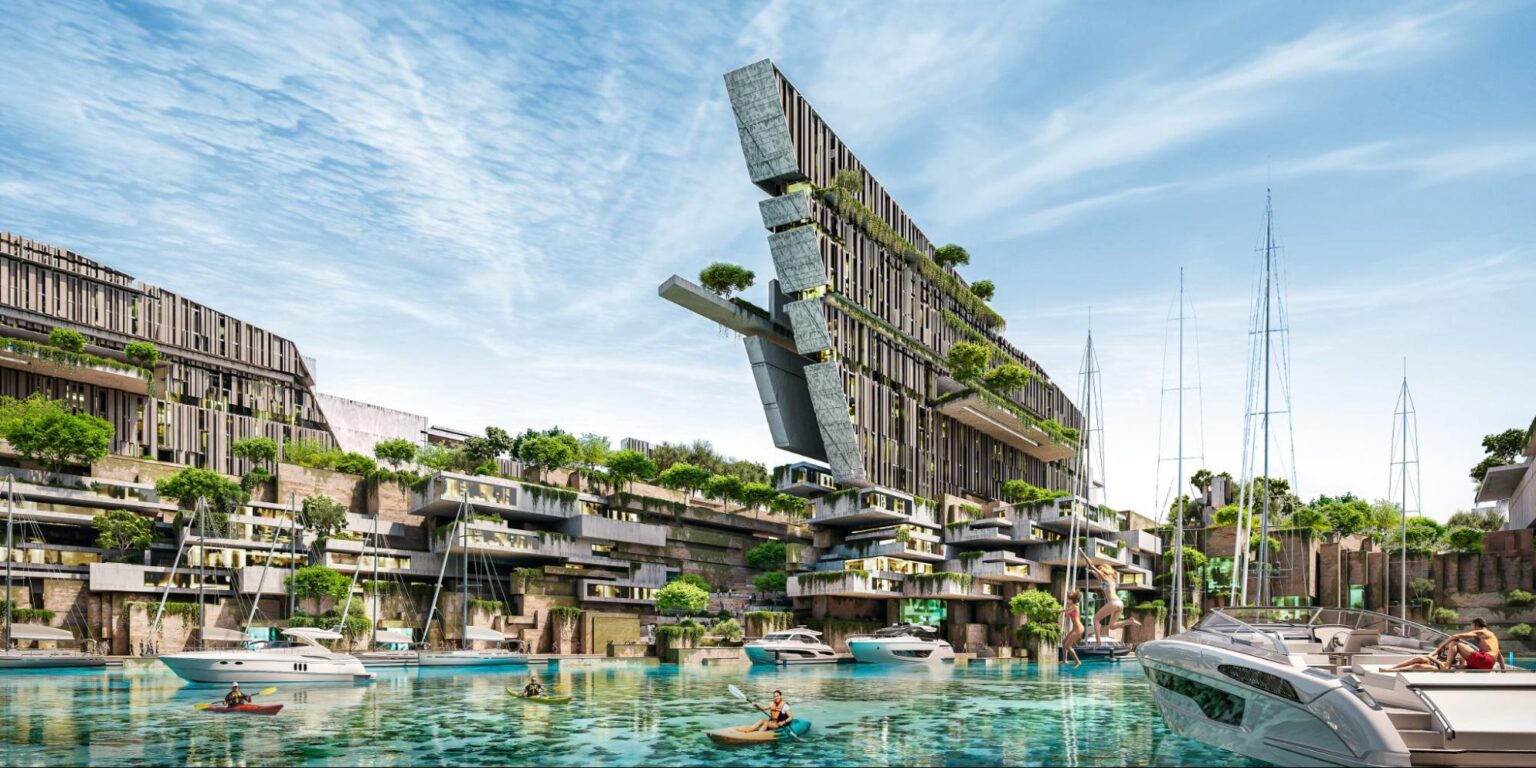Sustainable travel is no longer a niche. Across the Gulf region, from the UAE to Saudi Arabia, a Green Hotel Boom is taking shape as more hotels choose to go green. These eco-friendly hotels aren’t just about cutting costs—they’re part of a bigger shift toward protecting the environment and appealing to modern, conscious travelers.
This trend is rapidly growing, and it’s changing how hotels are built, how they operate, and how guests experience their stay.
What Makes a Hotel Eco-Friendly?
An eco-friendly hotel is one that works to reduce its impact on the environment. This can involve many things:
- Using solar panels and other renewable energy sources
- Reducing plastic use by switching to reusable or biodegradable items
- Installing energy-efficient lighting and appliances
- Treating and reusing water
- Using organic or locally grown food in their kitchens
- Encouraging guests to reuse towels and linens to save water
These hotels are not only better for the planet, but they often create a more relaxed, natural atmosphere for their guests.
Why the Gulf Is Going Green

The Gulf is known for its modern skylines and luxury hotels. But now, many developers and hotel owners are focusing on sustainability. There are several reasons for this:
- Government Support: Gulf countries are pushing sustainability as part of their national goals. The UAE has the “UAE Net Zero by 2050” plan. Saudi Arabia is developing “Vision 2030,” which includes major green initiatives. This support has made it easier for eco-friendly hotels to grow.
- Guest Demand: Tourists are more aware of their carbon footprint. Many now prefer to stay in places that match their values. Eco-friendly hotels attract these travelers and help improve the hotel’s brand image.
- Long-Term Savings: Though it costs more to build green, it saves money in the long run. Solar power and energy-efficient systems reduce bills. Reusing water and reducing waste cuts daily costs.
- Climate Awareness: Gulf countries face serious environmental challenges like water shortages, extreme heat, and rising energy use. Going green is one way to reduce stress on local resources.
Leading Examples Across the Region
Many hotels are now seen as leaders in this new wave of green hospitality.
Zabeel House by Jumeirah, Dubai
Located in Dubai’s vibrant Al Seef district, this hotel combines style with sustainability. It uses refillable glass water bottles, LED lights, and has a strong recycling program. The hotel also encourages guests to explore the city on foot or by bike.
Six Senses Southern Dunes, Saudi Arabia
This luxury resort in the desert is part of Saudi Arabia’s Red Sea Project. It uses solar power, natural ventilation, and sustainable materials. It blends traditional architecture with cutting-edge green design. The hotel also focuses on educating guests about desert wildlife and the environment.
The Ritz-Carlton Ras Al Khaimah, Al Wadi Desert
Set in a nature reserve, this hotel uses solar energy and has its own water recycling system. Guests can take part in nature tours, wildlife safaris, and eco-activities that promote conservation.
How Green Hotels Benefit the Region
Eco-friendly hotels help more than just the environment. They also bring value to the local economy and culture.
- Jobs and Skills: Green hotels often train staff in new skills, like energy management and organic farming. This creates better job opportunities for locals.
- Eco-Tourism Growth: These hotels attract a new type of traveler—one who wants to explore nature, learn about local culture, and give back. This supports local businesses, tour guides, and farmers.
- Less Waste and Pollution: With better waste management and less use of plastic, these hotels help reduce the overall pollution in their areas.
Challenges Still Remain
While the movement is growing, it’s not without problems.
- High Upfront Costs: Building a green hotel costs more at the start. Not all hotel owners can afford it.
- Lack of Standards: There’s no single system for what counts as “eco-friendly” in the region. This makes it hard to compare hotels or ensure quality.
- Greenwashing: Some hotels use the term “eco” for marketing without making real changes. This can confuse travelers and hurt the trust in truly sustainable hotels.
What Guests Can Do

Travelers can play a role in pushing this trend forward. When booking a stay, they can:
- Look for certifications like Green Key, LEED, or EarthCheck
- Choose hotels that show real efforts to save energy and reduce waste
- Reuse towels and bedding to save water
- Avoid single-use plastics and carry their own reusable bottles or bags
- Support hotels that work with local communities and products
Even small actions can make a big impact when many guests take part.
What the Future Looks Like
The trend of eco-friendly hotels is likely to keep growing in the Gulf. With big tourism projects coming up—like Saudi Arabia’s NEOM and Oman’s eco-resorts—the region is positioning itself as a leader in green travel.
Technology will also help. Smart building systems can now track energy use and adjust settings to save power. Hotels can also use apps to show guests how much water or energy they’ve saved during their stay.
Young travelers especially are leading the push. They care about the environment and expect brands to do the same. Hotels that ignore this shift may soon find themselves left behind.
Final Thoughts
Eco-friendly hotels in the Gulf are more than just a trend—they’re a sign of deeper change. As the region balances luxury with responsibility, travelers can enjoy amazing experiences without hurting the planet. The next time you visit the Gulf, you might find that your stay leaves a smaller footprint—but a bigger impact.
Also read: Gulf Countries Use Tech to Protect and Share Their Cultural Roots


